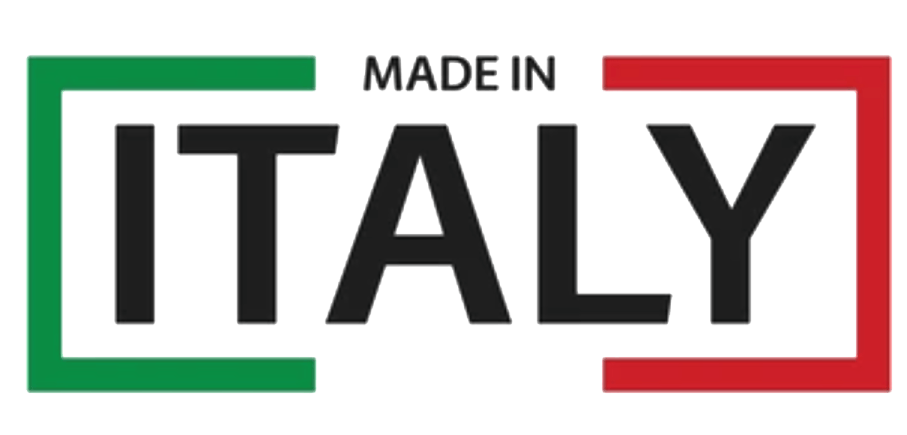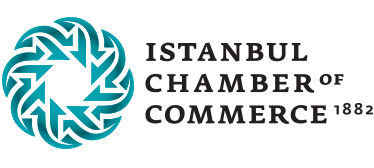Performing arts education in Italy, like many other departments, is 3 years long. Students can study either in English or in Italian. In addition to the 3-year education given at various academies and universities, students can also get certificates through short and long-term courses.
For more detailed information, you can review our topic about ” Certificate Programs in Italy “.
The performing arts education aims to develop creative skills, to have happy and versatile students with emotional intelligence and creative minds, and to increase their imagination. One of the oldest and the most enduring forms of art education throughout history is the performing arts, which actually dates back to ancient Greek times and continues today. The ancient Greeks felt that a balanced education in the arts, humanities and sciences was essential for every student to reach their full potential, rather than being tied to just one subject. So, what are the performing arts?
What are the Performing Arts?
- Acting
- Theatre
- Dance
- Opera
- Cinema
- Ballet
- TV
- Music
You can also check our article about ” Art, Music and Dance Education in Italy “.
Advantages of Performing Arts Education in Italy
Performing Arts Department courses train students in role-playing, world theatre history, play analysis, stage practice, voice and speech, improvisation, basic acting, dance, and dramaturgy. First of all, the people who receive this training will have many advantages in their lives, by improving their behaviors and emotions. This will reflect an exceptional attitude to their environment. This means students will exhibit:
Self-confidence
Self-confident individuals can express themselves more easily. Studying in performing arts enables the development and increase of self-confidence, self-esteem and self-awareness. Performing arts education provides the opportunity to practice outside of one’s own safe environment. Even after weeks of rehearsal, it takes courage to go in front of an audience and accept the reaction of being vulnerable on the stage.
Partnership
Unlike sports games, there are no winners or losers in theatrical performances. The only “win” is when everyone works together to create the best show possible. The performing arts curriculum challenges students not only to reflect on their individual contributions to the show but also on how their own performances can enhance the performance of the show as an ensemble.
Empathy
Performing other people’s stories through voice, dance, music and/or acting and portraying a character different from themselves teaches how to understand and empathies with other people, to respect important differences but embrace similarities.
A good individuality
Many studies show that people who receive a certain quality of performing arts education are more useful to society, nature and the world. This shows that they are less likely to engage in negative behaviors.
You can also check out our page about ” 25 Things To Do In Italy “.
Academies/Universities Offering Performing Arts Education in Italy
You can also read our articles about “Bachelor ‘s degree Education in Italy” and ” Master’s degree Education in Italy “.
- Conservatorio Santa Cecilia (According to The QS World University Rankings by Subject Performing Arts 2021 data, it is among the top 100 universities globally providing Performing Arts education.)
- University of Turin
- NABA
- Jam Academy – International Academy of Modern Music
- IES Abroad
- Accademia Italiana
- Accademia Lingue e Culture Europee (ALCE)
- Lorenzo de’ Medici – The Italian International Institute
- Link Campus University (LCU)
You can also review our article about ” Art Education in Italy “.
Apart from these educational institutions, there are usually hundreds of academies, conservatories, institutes and universities in specific fields such as only music, only dance or only drama.
Recommended reading: Milan Conservatory
Entry Requirements for the Performing Arts Department
University of Turin
As an example, these are the entry requirements of the University of Turin, Department of Performing Arts:
- High school diploma and transcript
- Passing the threshold score in University entrance exam
- Language proficiency certificate (usually B2)
- Getting 18.0 points in TOLC-F Exam
The University of Turin provides education in Italian language for the Department of Performing Arts Education. You can improve your language thanks to “Language Schools in Italy“.
In addition, you can review our article about ” SAT, TOEFL and IELTS Exams “.
Performing Arts Education in Italy – Tuition Fees
Tuition fees at state universities in Italy, which have a social state understanding, vary between 156 € and 3500 €. While determining the fee range, family income statements of students are taken into account.
Students with an annual family income of less than 23,000 € pay tuition fees of 156 € per year. If the student has been living separately from his/her family for at least 2 years, the student’s own income is taken into consideration.
Students who do not submit a family income statement are deemed to have agreed to pay an annual tuition fee of 3500 €. The fees of private universities in Italy may vary. Private university fees, which vary between 15,000 € and 20,140 € per year, are highly preferred by students. The quality of performing arts education in Italy is quite high in both public and private educational institutions and there is not a big difference in the quality of education between them.
Recommended: You can review our article about “ University Fees and Scholarships ”.
Performing Arts Education in Italy – Scholarship and Accommodation Opportunities
Performing arts education in Italy has gained a lot of popularity in recent years, especially since international students are provided with dormitories and scholarship opportunities by Italian government.
The most easiest scholarship that students can benefit from is the ‘Need’ based scholarship, which is given based on the annual family income. The family income statement requested from the student while determining the school fees is an important factor that is also used in the scholarship process.
For the continuation of any scholarship, the student’s success and family income are taken into account. In order to avoid a scholarship loss, the student must have successfully passed the number of course credits outlined by the foundation and there should be no major differences in family income. Students at state universities with an annual family income of less than €23.000 may have the opportunity to receive scholarships. The scholarship includes:
- Paying the tuition fee of 156 € per year
- Receiving an annual gratuitous scholarships of 5000 €
- Free meal card to use at lunch
- Benefit from school accommodation
Recommended: You can review our article about “ Accommodation in Italy ”.
If you want to study performing arts in Italy and discover your talents at the most prestigious university in the world, please fill out our application form. Our education counsellors in Italy will contact you as soon as possible.



